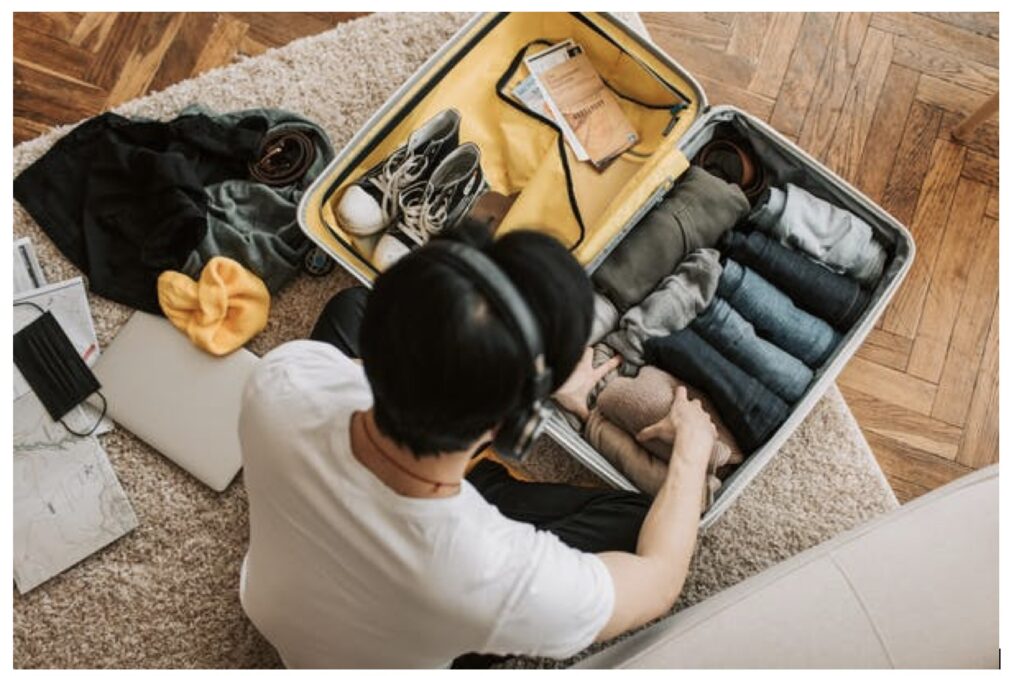Traveling can be a lot of fun but in many cases can also be quite stressful. Between making sure you have all your documents in order, packing everything you need, and dealing with airport security, it’s no wonder many people feel stressed out during the planning stages. There are, however, ways to make the experience less stressful.
Here are five tips that might help make your next trip even a little less stressful:

Research Before You Go
This means learning about the place you’re visiting, the documents you need, and what vaccines are recommended. You should also gather information about nearby attractions, local transportation options, activities available and weather patterns. In addition, familiarizing yourself with the airport or train station where you will be arriving can also help you feel prepared.
If you’re traveling to a country with a different culture, research the customs, so you don’t accidentally offend anyone. It would be best if you also learned a few common phrases in the local language. Even if you don’t speak the language fluently, being able to say simple words and phrases like “Please” and “Thank you” will go a long way.
Create a Packing List
This will help ensure that you don’t forget anything important. Ensure to include items like your passport, travel documents, medications, phone charger, and other essentials. The size of your luggage will depend on the mode of transportation you’re using and the duration of your stay. Finding the right bag for your trip should be at the top of your travel must haves list. You can choose between a backpack, duffle bag, or suitcase based on your needs.
Packing cubes can also be a lifesaver as they help keep everything organized. Finding things in a suitcase can be challenging, so grabbing a cube with all your toiletries or electronics can make packing and unpacking much easier.
Have a Budget
This will help prevent you from overspending while you’re on your trip. It is vital to create a realistic budget as it will help to set expectations for your trip. When creating a budget, consider things like transportation, food, accommodation, entertainment and activities. Having some money set aside for emergencies is also a good idea.
You should also set aside some funds for potential emergencies, such as extra travel expenses if your flight gets canceled or unexpected medical bills if you get sick while you’re away. Once your budget is set, track your spending throughout the trip so that you don’t go over what’s allotted in the original plan.
There are several ways to save money while traveling. For example, you can look for discounts on transportation and accommodation, visit free museums and attractions, and eat at less expensive restaurants. You can also save money by planning your trip during the off-season when prices are typically lower.
Watch What You Eat
When traveling, it’s easy to get caught up in the excitement of visiting new places and trying new things. However, it’s also imperative to remember that your diet can significantly impact your overall well-being.
Eating healthy foods rich in nutrients and good fats will help to fuel your body while avoiding sugary or carb-heavy foods will help you avoid sudden energy slumps. Being mindful of the type of food you consume will not only help you feel more energized and alert while traveling, but it will also allow you to focus on the sights, sounds, and experiences around you rather than being distracted by unpleasant physical symptoms.
Following these tips will help to make your next trip less stressful. By being prepared, being mindful of your health, and staying within your budget, you can relax and enjoy the experience without having to worry about things going wrong.











